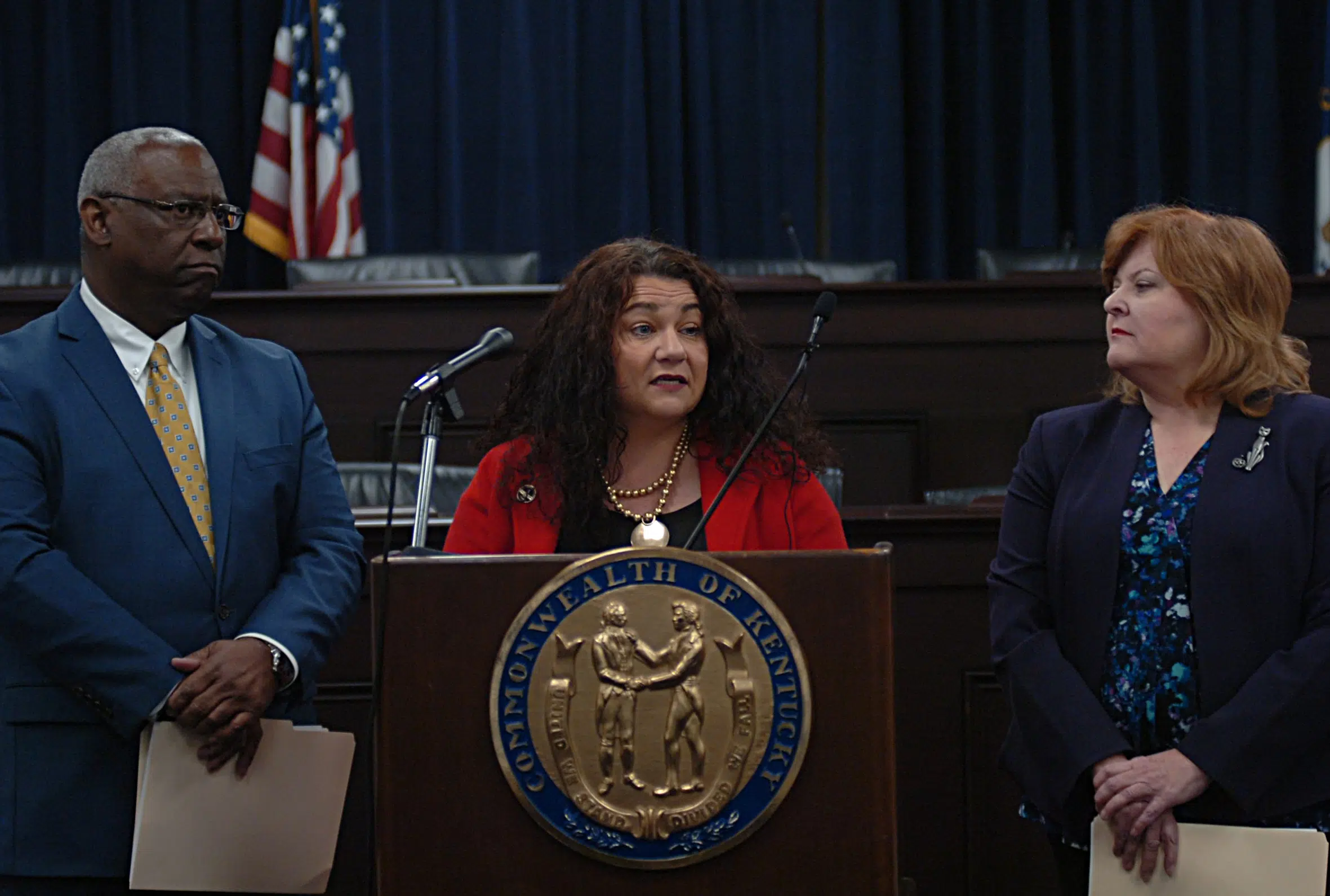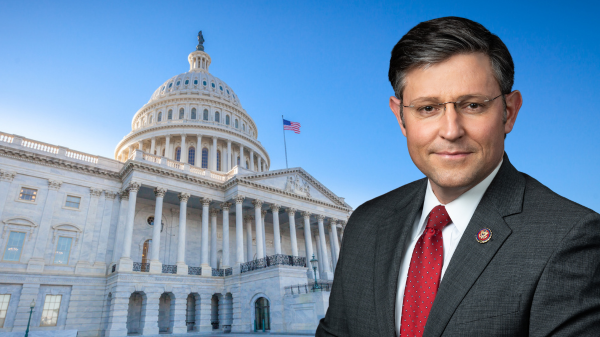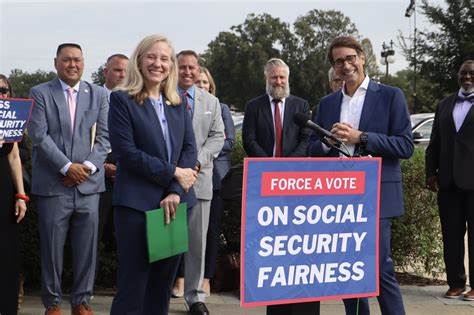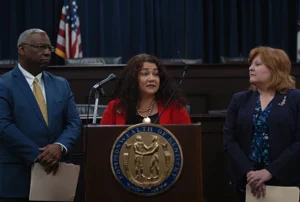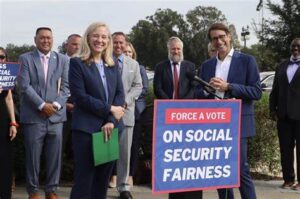On September 25, 2024, Congress took decisive action to avert a government shutdown by passing a Continuing Resolution (CR), H.R. 9747, extending federal funding through December 20, 2024. With unanimous approval in the U.S. House and a bipartisan 78-18 vote in the Senate, the stopgap measure ensures government operations continue uninterrupted while setting the stage for further negotiations on fiscal year (FY) 2025 appropriations.
This temporary funding measure comes amid heightened concerns about the consequences of a shutdown, particularly for counties that depend on federal support to deliver essential services to residents.
Key Features of the Continuing Resolution
The CR passed by Congress is a “clean” bill, free of contentious partisan policy riders, but it addresses several critical priorities:
- FEMA Disaster Relief Funding
The CR allocates approximately $20 billion to the Federal Emergency Management Agency (FEMA) Disaster Relief Fund (DRF). This funding removes the DRF from Immediate Needs Funding, ensuring that counties can receive timely reimbursements for long-term recovery projects. - Essential Air Service
Funding continues for the U.S. Department of Transportation’s Essential Air Service program, which supports rural and remote areas by maintaining access to air transportation. - SNAP Fraud Replacement Benefits
The measure extends Supplemental Nutrition Assistance Program (SNAP) replacement benefits for victims of card skimming fraud, providing critical support to vulnerable residents impacted by financial crime. - Temporary Assistance for Needy Families (TANF)
The CR extends the TANF program, allowing counties to leverage its flexible funding for anti-poverty initiatives that benefit low-income residents.
However, the bill does not include a reauthorization of the U.S. Forest Service’s Secure Rural Schools (SRS) program, which provides revenue-sharing payments to forest counties. Counties have called on Congress to renew this critical funding stream.
Implications for Counties
Counties rely heavily on federal funding to deliver vital services, from disaster recovery to social safety net programs. Delays or uncertainty in federal appropriations can disrupt long-term planning and budgeting for local governments.
The CR provides temporary relief by maintaining funding levels for essential programs, but the absence of a long-term agreement creates ongoing challenges. Counties are urging Congress and the Administration to establish a consistent schedule for federal appropriations, with a goal of reaching bipartisan agreements by the start of each fiscal year on October 1.
What’s Next for Congress?
The CR buys Congress time to negotiate a comprehensive FY 2025 spending package during the upcoming lame-duck session. Lawmakers face two primary options:
- Pass an Omnibus Spending Bill
Congress could consolidate all appropriations bills into an omnibus package and pass it before the December 20 deadline, securing funding for the remainder of FY 2025. - Enact Another CR
Alternatively, Congress could pass another Continuing Resolution, extending temporary funding into the new year and the next session of Congress.
The results of the November 2024 general election will heavily influence the direction of the lame-duck session. A shift in party control or priorities could impact the likelihood of a long-term funding agreement.
Why a Timely Agreement Matters
Uncertainty in federal funding has significant implications for counties. Counties rely on federal resources to provide essential services, such as disaster recovery, infrastructure development, and social programs. Prolonged delays in federal appropriations disrupt local governments’ ability to:
- Plan for Long-Term Investments: Counties require predictability in federal funding to invest in critical infrastructure and community programs.
- Support Vulnerable Residents: Delays in programs like TANF or SNAP can leave vulnerable populations without necessary assistance.
- Respond to Emergencies: Adequate funding for FEMA ensures counties can recover from natural disasters promptly.
The passage of the Continuing Resolution reflects Congress’s commitment to preventing a government shutdown and maintaining funding for essential federal programs. However, it also underscores the importance of timely and bipartisan agreements on appropriations to ensure stability for local governments and the communities they serve.
Counties play a vital role as intergovernmental partners, and they continue to urge Congress to prioritize long-term funding solutions. As the December 20 deadline approaches, the focus will remain on the ability of lawmakers to reach a comprehensive agreement for FY 2025, ensuring that federal support for critical county services remains uninterrupted.
